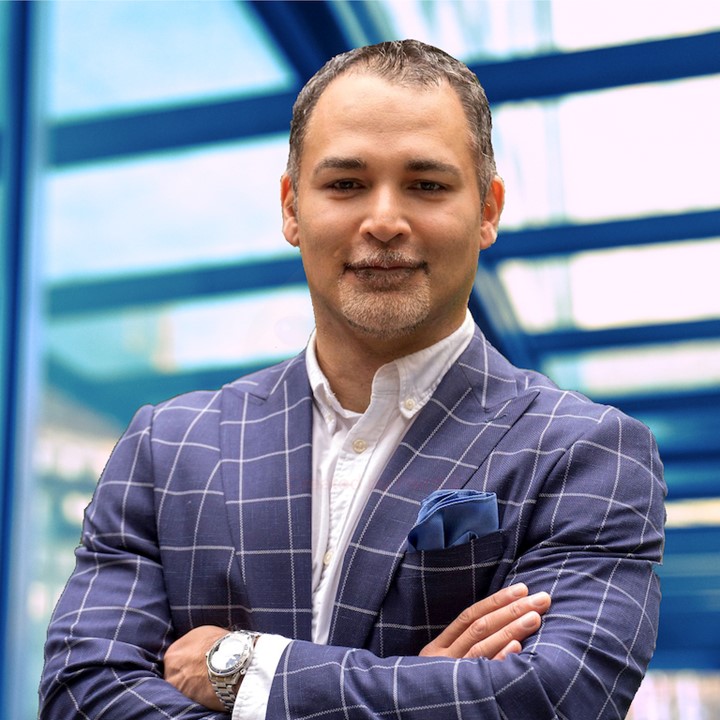The Rise of the Family Advisory Board in Australia
Jamal Khan, Managing Partner Amrop Carmichael Fisher, writes on the rise of the Family Advisory Board in Australia.
Privately held family businesses represent the majority of Australian business equating to almost 70% of all businesses (Prof. Chris Graves, University of Adelaide). This makes family business an extremely important part of the economy. It is therefore critical that we ensure the growth and sustainability of these businesses.

For many privately owned businesses, our conversations with owners suggest that the majority plan on retiring between 60-70 years old with some seeking to continue to work into their 70s. It seems that the younger the owners are, the more likely they are to value work-life balance and seek to retire earlier than their older counterparts – reflective of the changing values of society.
Younger generations no longer necessarily wish to take the reins from the matriarchs and patriarchs, often valuing life experiences and time with family as opposed to continue to building empires. This can mean while children of founding generations often work in the business, they sometimes do not yet possess the skills or capability to take over the business. Often the owners do not feel they are ready, and in some cases believe they just aren’t right to do so fearing everything they have built with their sweat, blood and tears will disappear if not placed in careful and knowledgeable hands.
While some family businesses do not currently feel the need to bring in external support until a trigger event e.g. an illness occurs, businesses are now starting to realize that inflationary pressures, labour shortages, supply chain issues and increased competition requires more rigour, discipline, systems, processes and visibility of what is happening in the business through data and analytics. Whereas these family led businesses seek to avoid bureaucracy and corporatization. They are increasingly wanting to professionalize what they do, how they solve problems and make decisions. Some of these businesses are now very substantial and there is a lot at stake.
We are now seeing a growing trend for these businesses to seek PE help to take them to the next level. Alternatively, they are hiring professional CEOs and C-level Executives to transform their businesses and mentor / coach the family members to potentially one day take over the business. This transition of leaders and / or ownership no doubt benefits everyone concerned. Leading a Family- owned business is very different to running a corporate and requires a far softer and more holistic approach in order to balance the needs of the owners, the broader family and the business now and in future. Decisions sometimes just seem illogical but nevertheless need to be respected.
Given these businesses seek to remain in control of the decision- making and therefore avoid the establishment of Governance Boards, we see increasingly the appointment of Advisory Boards. This often starts with a single Advisor who then later appoints specialists to bring a sector lens, networks or area of expertise to the table, often including entrepreneurial experience. Typically, the Advisory Board will ultimately comprise of an Independent Chair, two Advisory Board Members and two internal Executives / family members from the business. The role of the Chair amongst other things is to respectfully challenge, help prioritize the key issues to focus on, and assist with problem-solving with the help of the Advisory Board members, empowering the owners with potential options to problems and giving them more confidence in their decision-making.
Given the proven benefits of diversity in experience and thinking, as well as gender in the business, this brings an added benefit and means that the owners take a good look at their strengths and weaknesses in the business, ensuring the right priorities are focused on and the correct strategy is in place to secure the business for future generations in a sustainable manner.
Learn more about Amrop Carmichael Fisher.
